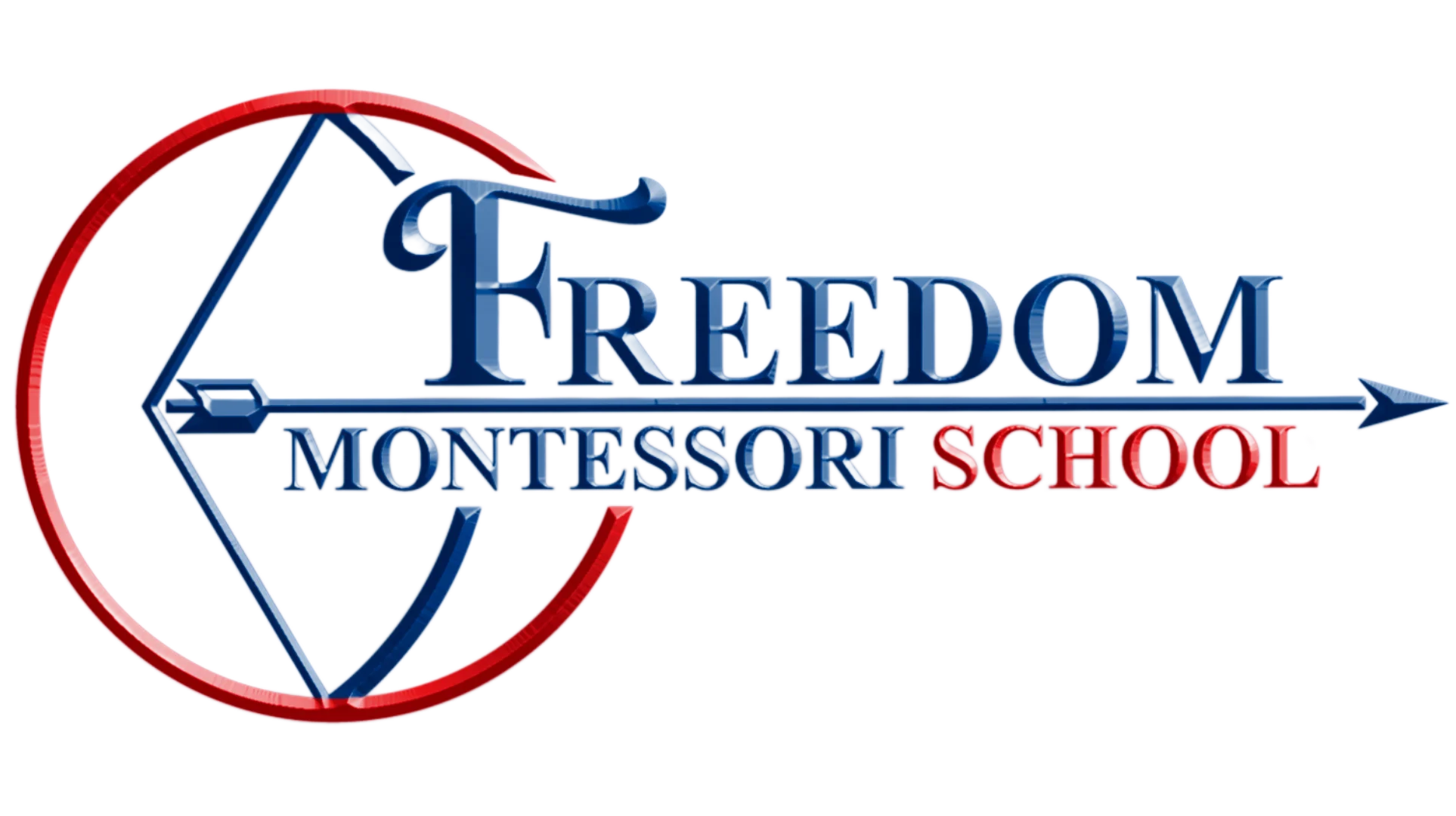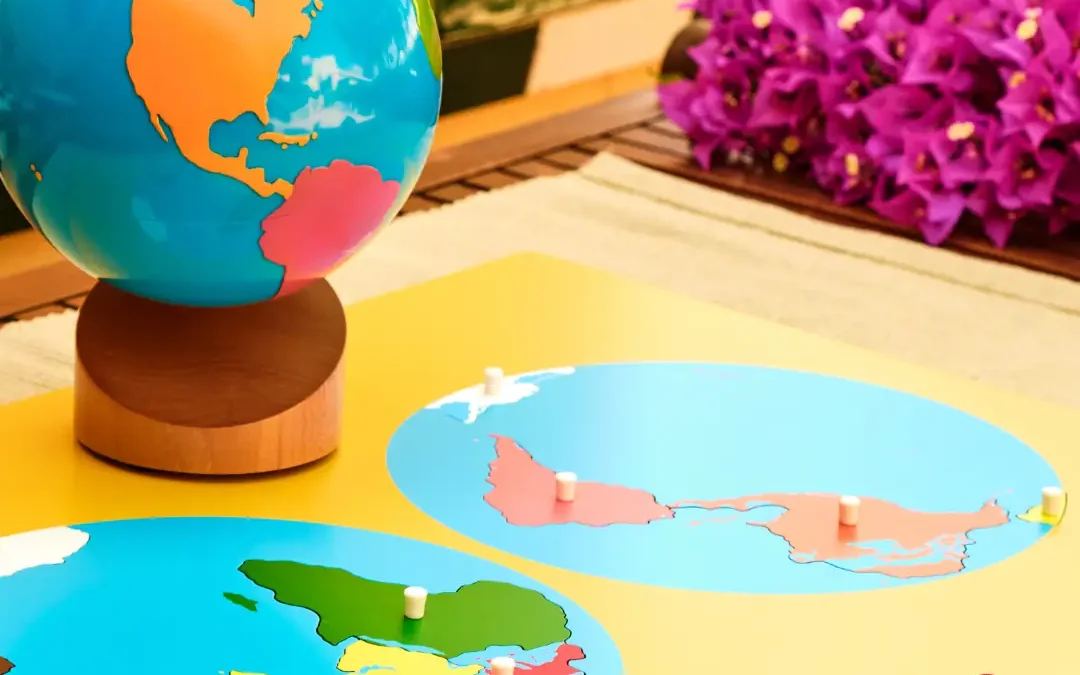When considering early education options, you might be wondering “What exactly is Montessori, and how is it different from other methods?” Montessori education, developed by Dr. Maria Montessori over a century ago, is a child-centered approach that emphasizes independence, self-directed learning, and respect for a child’s natural development.
The Montessori Method
- Child-Centered Learning
At the heart of Montessori education is a deep respect for the individual child. Rather than adhering to a one-size-fits-all curriculum, Montessori allows children to explore subjects at their own pace, based on their interests and developmental stage. In a Montessori classroom, the teacher acts as a guide, observing and facilitating rather than directly instructing, giving children the freedom to choose their activities within a structured environment.
- Prepared Environment
The Montessori Classroom is designed to support self-directed learning. Everything from the furniture to the learning materials is scaled down to child size, creating an environment where children can access what they need independently. Montessori classrooms are rich with specially designed materials that encourage hands-on learning. The aim is to provide sensory-rich materials that stimulate curiosity and foster exploration.
- Mixed-Age Classrooms
Montessori classrooms are typically composed of mixed-age groups, often spanning three years, such as 3-6 years or 6-9 years. This arrangement allows older students to become role models for younger ones, promoting collaboration and social interaction. It also enables students to work at their own pace without feeling pressure to match their peers’ progress, allowing children to build self-confidence.
- Focus on the Whole Child
Montessori education emphasizes not only academic development but also social, emotional, and physical growth. The method seeks to nurture the whole child, ensuring they develop into well-rounded individuals who can navigate the world with confidence and empathy. Activities in the classroom often focus on practical life skills, such as cooking, cleaning, and caring for plants or animals, which teach responsibility and self-sufficiency while building coordination and concentration.
Montessori Classroom vs. Traditional Classroom
As a parent, understanding how Montessori differs from traditional classrooms is key to making an informed decision about your child’s education.
- Teaching Style
In a Montessori classroom, the teacher is often referred to as a “guide”. Their role is to observe each child’s interests and abilities and provide materials and activities that encourage exploration and learning. In contrast, traditional classrooms follow a teacher-centered approach where lessons are led by the teacher, often with a structured curriculum that applies to all students equally.
- Learning Pace
One of the most distinctive aspects of Montessori education is its respect for each child’s learning pace. Children are not rushed to meet certain milestones or benchmarks by a specific age. Instead, they are free to spend as much or as little time as they need on a particular task or subject. In a traditional classroom, however, students are usually required to keep pace with the curriculum.
- Classroom Structure
Montessori classrooms are designed to promote freedom of movement and independence. Children can move around, choose their activities, and work at their own pace. The classroom is carefully organized to offer a variety of learning stations, and children can decide where and how they wish to work. In a traditional classroom, students often sit at desks arranged in rows, lessons are usually taught in a more structured, group-oriented fashion.
- Assessment
Traditional classrooms often rely on tests, grades, and formal assessments to track student progress. In contrast, Montessori education does not emphasize grades or standardized testing. Instead, teachers observe and document each child’s growth over time, focusing on their development of skills, creativity, and problem-solving abilities. The Montessori approach believes in assessing the whole child, not just academic achievement, and places value on intrinsic motivation rather than external rewards.
The Montessori method offers a unique approach to education that prioritizes the child’s natural development and love of learning. With its focus on independence, hands-on learning, and a prepared environment, Montessori classrooms provide a rich, nurturing space for children to grow at their own pace.

